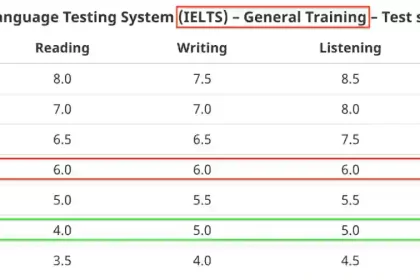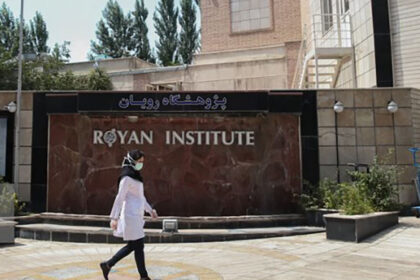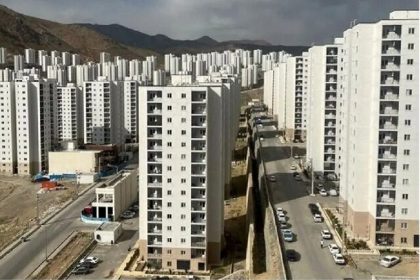The conducted research shows that increasing the grades and flexibility of students from low-income families due to the reduction of the classroom is not practical and will not have an effect on the students.
According to Tekna technology and technology news service, according to the researchers, reducing the class not only does not help to increase students' grades, but reducing the number of students will also prevent them from performing properly.
According to the results, the increase or decrease in the number of teachers will not lead to the improvement of academic performance in low-income students. These studies say that teachers should follow the order and use their seriousness and expertise to improve students' learning.
In this research, the data of more than 2,700 high school students in Japan and China from low-income families were analyzed. According to researchers, educational policy makers should invest in quality teachers and reducing the number of students in classrooms will be a waste of financial resources.
On the other hand, with the help of appropriate teaching methods, quality teachers can establish class order and increase the flexibility of lessons in this type of students. According to this research, reducing the number of students in the class will not increase flexibility and may also have disadvantages.
In this research, the academic quality of science students in Japan and Macau region of China was investigated. These students belonged to low-income families and attended classes between 15 and 50 people. By placing them in three categories with variable flexibility, the researchers investigated factors such as classroom, school resources, culture and placing them in different categories. This study shows that teachers should give the necessary guidance to students to follow the rules of the class and maintain order, and also lessons should be prepared and offered according to the needs of students.
RCO NEWS


















